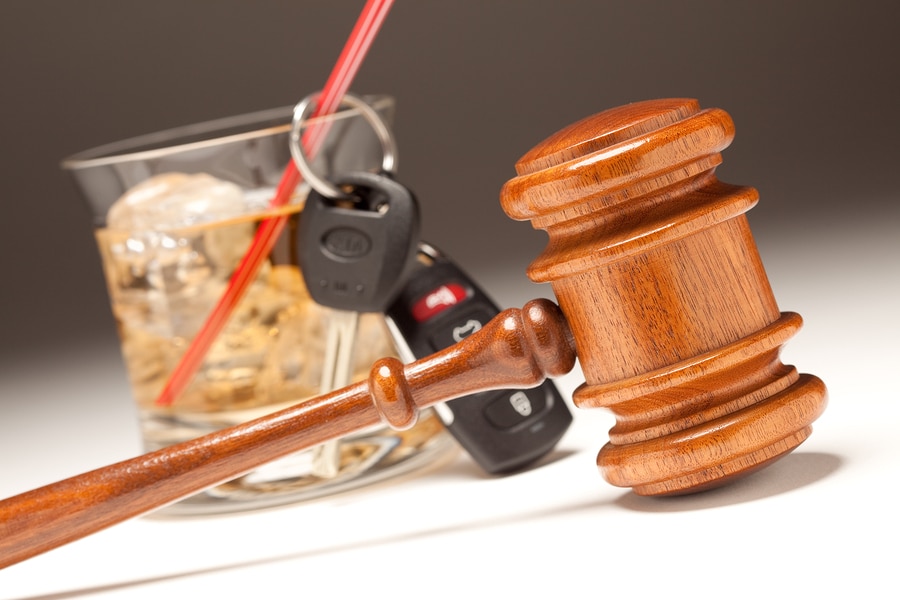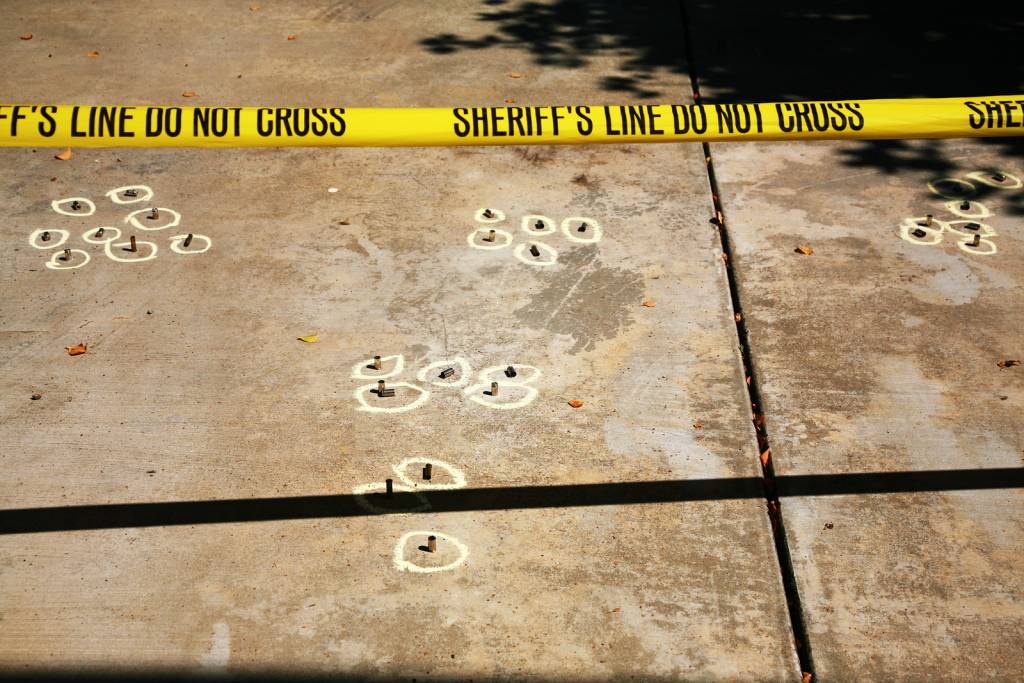Gang members in California receive harsher sentences than non-gang members taking part in similar crimes. There are punitive laws both at the federal and state levels discouraging people from participating in gang-related crimes.
Note that these laws are complex, but a Los Angeles criminal defense attorney can tell you what to expect. After that, you may want to learn the various approaches to defend yourself. And if you can have the prosecution remove the gang enhancement accusations, you might get a lesser sentence. If they can drop the charges altogether, the better.
Did the Previous Act Give Higher Penalties to Gang-Related Crime?
Legislators in 1988 enacted laws discouraging any type of gang-related criminal activity. Thus, they put in harsher penalties for a group:
- That has a pattern of criminal conduct
- Whose primary activities involve criminal activity
- Using specific symbols and names for identification
- Of three people or more
However, the STEP Act became unpopular because it was easy for people to get accusations of gang-related crime and get enhanced sentences. Additionally, the arrests and convictions were somehow racially-biased.
Does the New Law Lessen the Penalties on Gang-Related Crimes?
The shortcomings of the STEP Act necessitated a special directive by the DA stopping sentencing enhancements in
2020. Later, the governor signed a new law to fix the mistakes of the previous legislation. The STEP Forward Act seeks to:
- Separate gang accusations and the underlying charge separate issues during trial
- Limit sentence enhancements
- Demand direct evidence of current gang association allegations from the prosecution
- Not allow the prosecutor to use current allegations to establish a “pattern” of crime
- Reduce the list of crimes that can get gang enhancements
- Prevent gang crime allegations implicated on people residing in the same community or for knowing each other
What Crimes Can Get Gang Enhancement in California?
Under the new law, the list of crimes enhanced by gang-related activities is shorter than before. Your sentencing might be more serious if you committed the following crimes with a gang:
- Felony extortion
- Torture
- Mayhem
- Kidnapping
- Money laundering
- Rape
- Burglary
- Grand theft or carjacking
- Intimidation of witnesses and victims
- Arson
- Weapon offenses
- Shooting from a motor vehicle
- Shooting at an inhabited home or car
- Trafficking or selling firearms
- Trafficking or selling drugs
- Homicide or manslaughter
- Robbery
- Assault with a deadly weapon
If you didn’t commit any of the following crimes, then your penalties cannot be enhanced by gang activity. Talk to a Los Angeles gang crime attorney to find out if the prosecutor can enhance your charges.
Does Gang Activity Affect Sentencing in California?
A criminal gang enhancement in the right situation can prolong one’s sentencing. Convicts of most crimes get one to three more years in jail. Violent felonies attract ten more years, and serious felonies can add five years to the usual prison term.
The usual sentencing for an offense is hard enough. Additional years could make your life harder, and you might miss out on your freedom. All this is avoidable if you choose to work with a Los Angeles gang crime attorney.
What Happens if I Was Not an Active Gang Member at the Time?
Active and non-active gang members are punished under different penal codes in California. Active gang members could be penalized under PC 186.22b. PC 186.22a has no requirement for active participation in gang activities.
Violations under PC 186.22a are a wobbler offense. If charged as a felony, you risk:
- Fines of up to $10,000
- Imprisonment for up to three years
Misdemeanors under this statute are punishable by:
- Fines as high as $1,000
- As long as a year in prison
Active gang members under PC 186.22b get additional sentencing depending on the nature of the crime. Violent, serious, and generic felonies add a varied number of years. A Los Angeles attorney can tell you what to expect.
What are the Gang-Enhanced Penalties Under Federal Laws?
People that conspire to commit or commit two or more crimes of a specific nature violate the Racketeer Influenced & Corrupt Organizations (RICO) Act. The penalties include:
- Fines of up to $250,000
- Forfeiture of any illegally gained profits
- Life imprisonment in very severe cases
- Up to 20 years in prison
If you commit a crime to get admission or advance your position in a criminal gang, you can be charged for going against the Violent Crimes in Aid of Racketeering (VICAR) Act. You might be punished with:
- Up to $250,000 in fines
- Life imprisonment for murder
- Up to 30 years in prison
Note that you will get these penalties in addition to the punishment for the underlying crime. Therefore, it is critical to fight back the charges and avoid a conviction on these grounds.
How Can I Avoid the Higher Penalties of Gang-Related Crime?
Enhancement is avoidable with an attorney committed to fighting for you. A strategic defense begins with an investigation that might disclose that you:
- Did not act to promote a gang’s criminal enterprises or on their behalf
- Did not abet or aid a crime by other gang members
- Were not an active gang member
- Acted in self-defense
- Did not commit the underlying felony
Notably, the police only share information that supports an association with a gang. A Los Angeles gang crime attorney can act fast and share the mitigating factors with the prosecution. Knowing the defense arguments likely to gain traction, the legal expert can assist you in getting a waiver or reduction of gang charges.
Criminal Defense Law Firm Striving for the Best Possible Outcome
A gang association can worsen an already bad crime situation in California. The penalties can be as extreme as life imprisonment in some cases. It would be unfortunate to deal with these consequences, especially if it’s a false accusation. Every accused person deserves an experienced attorney by their side.
Attorney Douglas Miranda has handled thousands of such cases for more than 18 years. Contact the Miranda Rights Law Firm for skilled and aggressive representation in Los Angeles.








